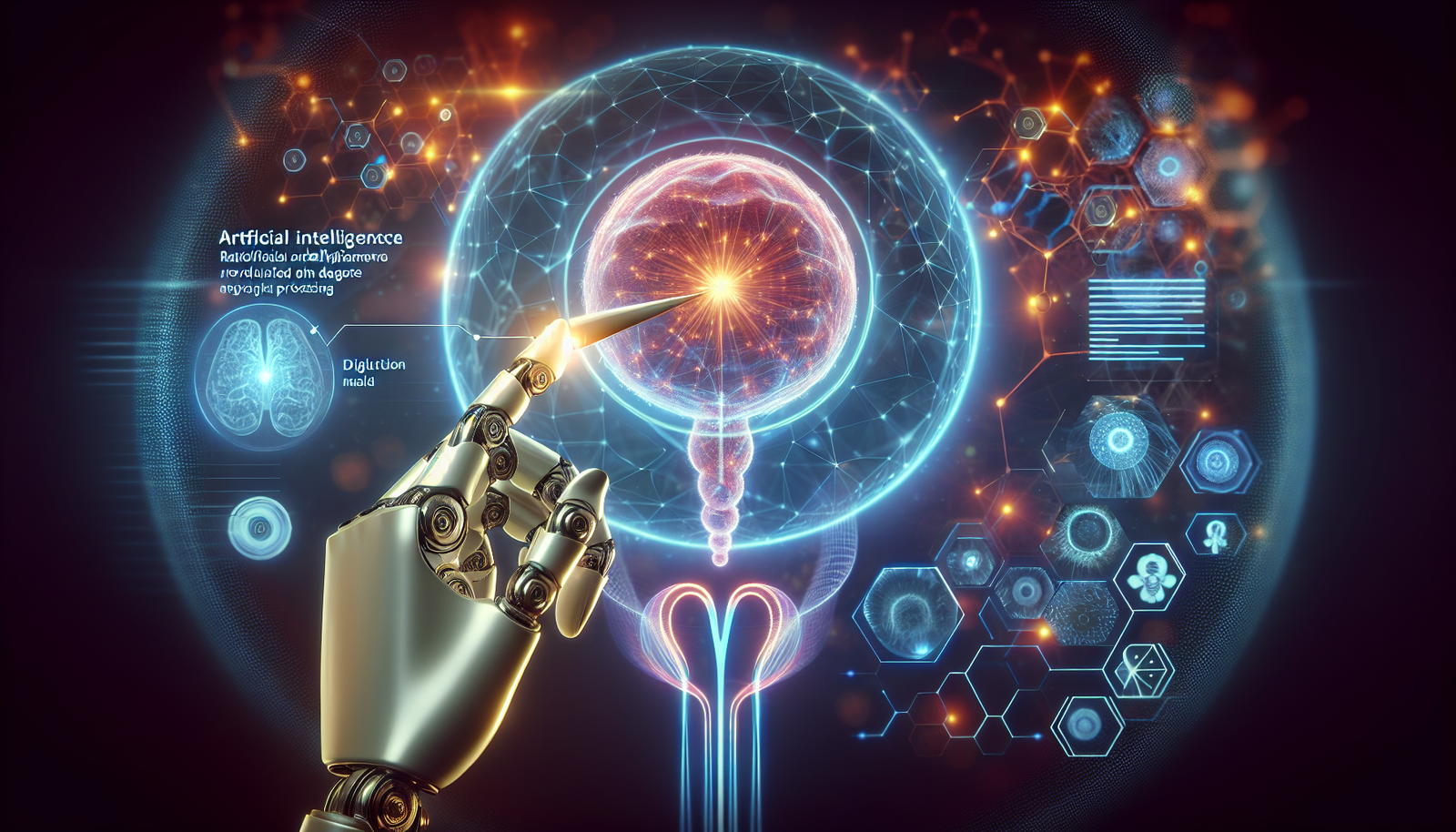Exploring the Latest in Digital Technology: AI Tools, Robotics, and More
September 18, 2024 | by kspacesdesk@gmail.com
 Photo by Simon Hurry on Unsplash
Photo by Simon Hurry on Unsplash The Evolution and Impact of AI Tools
Over the past decade, artificial intelligence (AI) tools have experienced a remarkable evolution, increasingly permeating various industries. This transformative journey has not only enhanced operational efficiencies but also redefined the nature of work across diverse sectors. In healthcare, for instance, AI tools are instrumental in diagnosing diseases through data analysis, enhancing patient outcomes, and personalizing treatment plans. Such advancements underscore the pivotal role AI plays in facilitating more informed medical decisions, ultimately leading to better health services.
In the realm of finance, AI applications are redefining how institutions approach risk management, trend analysis, and customer service. Algorithms that analyze vast amounts of financial data enable institutions to forecast market trends and enhance investment strategies. Moreover, AI-driven chatbots have revolutionized customer interaction by providing real-time assistance, thereby improving client satisfaction and operational efficiency.
The education sector is similarly witnessing the influence of AI tools, which are tailored to adapt to individual learning styles. Intelligent tutoring systems provide personalized learning experiences, thereby promoting engagement and improving educational outcomes. These systems analyze student performance and adapt content to meet their specific needs, ensuring a more effective learning environment.
Despite these advancements, the integration of AI technologies is not without its challenges. Ethical considerations must be addressed, particularly concerning data privacy and algorithmic biases that can emerge from poorly managed AI systems. Stakeholders must remain vigilant, fostering accountability and transparency in AI tool deployment to mitigate potential harms. As industries continue to embrace artificial intelligence, a balanced discussion around its impact, opportunities, and challenges is essential for ensuring that AI tools serve humanity’s best interests.
Robotics: The New Frontier in Technology
Robotics has emerged as a transformative force in modern technology, reshaping multiple sectors and introducing innovative solutions across various domains. At the forefront of these advancements are collaborative robots, often referred to as cobots. These robotic systems are designed to work alongside human operators, enhancing productivity and safety in environments such as manufacturing. By assisting in repetitive tasks, cobots allow workers to focus on more complex activities, thus fostering a more efficient workflow and potentially reducing workplace injuries.
Moreover, autonomous vehicles signify a significant breakthrough in robotic technology. Equipped with advanced sensors and artificial intelligence, these vehicles are capable of navigating and performing tasks without direct human control. This innovation holds promise for various applications, including transportation, logistics, and agriculture, where the potential for increased efficiency and reduced costs is immense. With the ongoing development in this area, companies are progressively investing in autonomous solutions, anticipating a future where human intervention is minimized.
Drones represent another pivotal technology within the robotics sphere, offering diverse capabilities from aerial surveillance to delivery services. Their versatility is reshaping industries such as agriculture, where they are used for crop monitoring, as well as emergency services, where they can provide rapid assessment and response capabilities. However, despite these benefits, the rise of robotics is not without its challenges. Concerns regarding job displacement, especially in sectors heavily reliant on manual labor, have prompted debates about the socio-economic implications of increased robotic integration. Safety concerns also linger, particularly around autonomous systems making critical decisions in unpredictable environments.
As robotics continues to evolve, it is crucial to strike a balance between leveraging these technologies for efficiency gains while addressing the legitimate concerns surrounding employment and safety. The integration of robotics into society stands as a double-edged sword, promising both significant advancements and formidable challenges that must be navigated thoughtfully.
RELATED POSTS
View all

